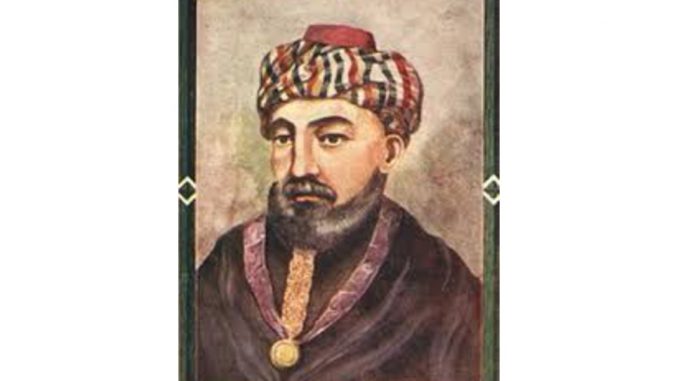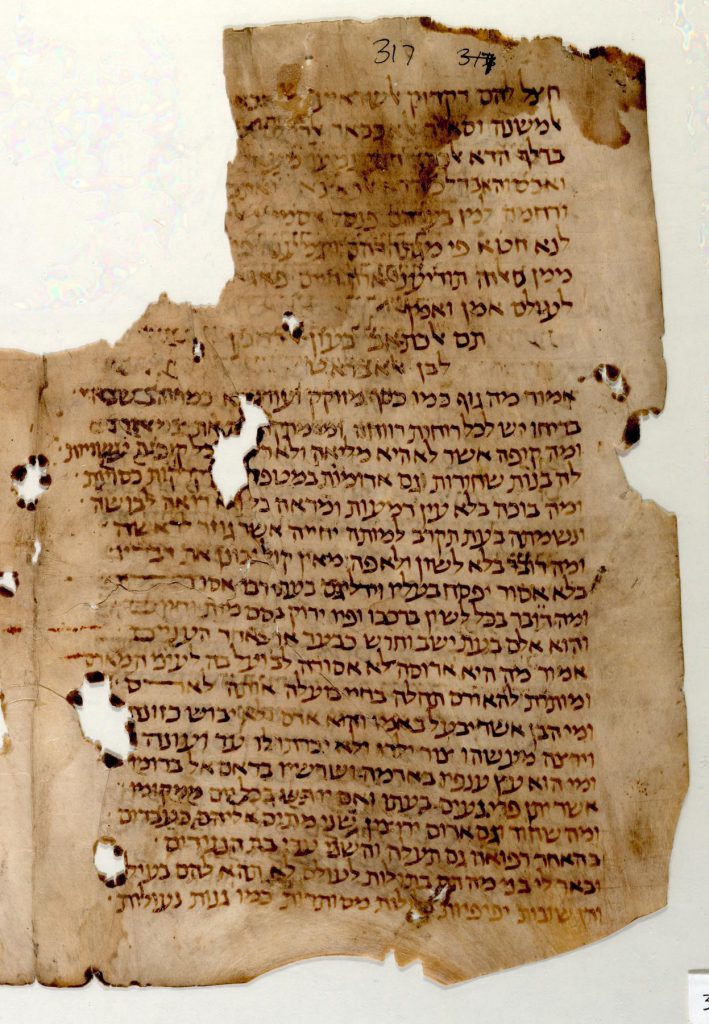
Dounash ben Labrat was born in Fez in Morocco in 930 in an Amazigh family, and died in Cordoba in Andalusia in 990. He was a grammarian, rabbi and poet, considered by historians as the best poet of his time since he was the first to introduce Arabic metrics into Hebrew poetry. He was a renovator.
Ben Labrat received an Arabic-Jewish education and was taught by Egyptian Rabbi Said El Fayoumi, also known as Saadia, whom he met in Baghdad (his family was originally from Baghdad). He then returned to Fez and traveled to Cordoba at the request of Hasdai ibn Shaprut, head of the Jewish community in Andalusia, who wanted him to work under him, after hearing about his intelligence, knowledge and great expertise.
Ben Labrat wrote several books in which he refuted several theories of Jewish poets and grammarians, including Menahem Ben Sarouk, the secretary of ibn Shaprut. He criticized his book about the grammatical relationship between Arabic and Hebrew, and also criticized his master, Said El Fayoumi, with whom he had several literary debates that resulted in the golden age of Jewish culture in Andalusia, and the creation of two competing language schools.
Ben Labrat was under constant attack by the students of ibn Shaprut who, despite their admiration for his renovating style, considered him presumptuous. However, their attempts to curb his efforts failed because Ben Labrat wasted no time in responding to them, so he charged his disciple Yehoudi ben Sheshet, who was characterized by a sarcastic style, reinforced by the evidence dictated to him by his master.
Even though there is some evidence that Dounash’s poems were inspired by the imagination of his wife, who was extremely talented, historians consider him to be the founder of Hebrew Andalusian poetry. Some of his poems are part of Jewish ceremonies and weddings and many others are sung on the Sabbath, but many poems have been forgotten and neglected over the years.


Be the first to comment